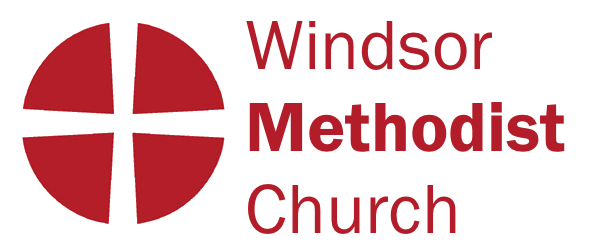Friends
I have recently returned from facilitating supervision training for the Methodist Church, a way of ensuring that our work remains safe for us and our congregants. At its best, it helps all those employed by the Methodist Church, ordained and lay, to reflect on our work and thus to improve it. It is something which I am proud to be a part of, and that I think we do very well.
Although the word “supervision” may sound like someone looking over your shoulder in the style of the old “time and motion” people of the 1970’s, it’s not like that at all. Rather, it is an opportunity to share a piece of one’s own work and to wonder: “Could I have done this better?” “What can I do about this in the future?” The supervisor notices what is said and wonders what might be done, using various tools to explore the question that the supervisee brings. In so doing, it is possible to help develop people’s understanding of their work, increase learning and heal difficulties or painful experiences. Supervision relies on the idea that the supervisee has answers that are relevant to them and that these can be teased out by a skilled supervisor. It is often much more powerful than the sort of response that says, “Well if I were you, I would…” because as my mother always says, “If you were me, you would do exactly what I’m doing.”
Thinking about these things puts a new slant on some of the questions that Jesus asks: “If you love only those who love you, what reward do you have? Don’t even the tax collectors do the same? (Matthew 5:46)
Can any of you by worrying add a single moment to your lifespan? (Matthew 6:27)
Why do you notice the splinter in your sibling’s eye, yet fail to perceive the wooden beam in your own eye? (Matthew 7:2)
Why are you so afraid? (Matthew 8:26)
As we wrestle with these questions, and others like them, I would argue that we draw nearer to God. In the same way, my colleagues and I seek to understand his will in our vocation as we work through our own questions in supervision.
God bless, Vicci
